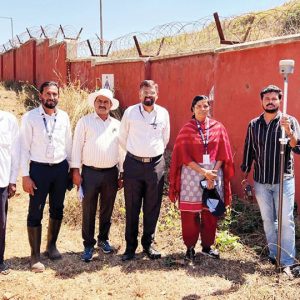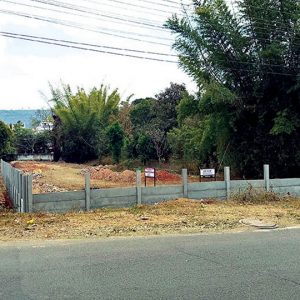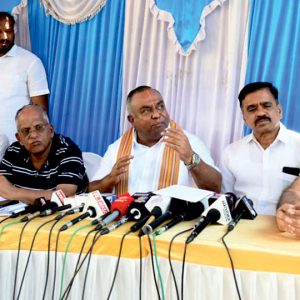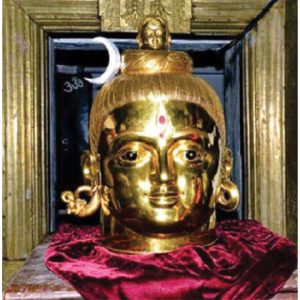Public speakers of a not-too-distant past in the land, irrespective of the language they spoke, have carved a niche for themselves in a distinct class as orators. The range of subjects they chose and presentation of their thoughts have not only been published by the periodicals of their times but also have been preserved in the archives of many public-friendly institutions with their caretakers who know and appreciate the value of the texts that owe to the legends of the days gone-by in public life. The elderly in Mysuru can recollect the practice of the Mysore University bringing out in booklet form its annual convocation addresses delivered by personalities of eminence, not to forget that the choice of speakers for the event was never bogged down by narrow-minded considerations of caste or faith or region of the speakers. In this context, one may quote the line Swa deshe Poojyathe Raja: Vidhwan Sarvathra Poojyathe! (A king is respected in his kingdom, scholars are respected everywhere.)
Institutions with the laudable mission of promoting, protecting and enriching the land’s various languages have tended to be embroiled in controversies triggered by all-too-familiar narrow considerations resulting in more heat than light hurting the aims charted by the founding fathers of such institutions. Even the platform created for Lit Fests have witnessed unhealthy and unrewarding diatribe during the sessions, forgetting that language in both spoken and written form is best for civilised communication.
According classical language status by the Government of India to the land’s languages, eight of them so far including Kannada, seems to be based primarily on the factor of vintage as opposed to the more important factors of a) content of the available texts in the eight specific languages by volumes, b) level of refinement in the philosophical thoughts portrayed by the authors of identified writings, c) knowledge imparted effectively to the literati in various areas of human endeavour, d) perceived fallout of the writings benefiting society of philosophers like Adi Shankara and reformers such as Saint Basavanna and so on. Going by the views voiced in circles of present day writers themselves, contemporary literature owing to their cohorts in whichever language of the land, barring exceptions, suffers from a vacuum of the aforementioned desirable factors.
Having considered the issues bearing on the land’s languages in written form, one cannot be faulted to feel disenchanted about the lingo of the country’s masses, more so of the self-declared leaders with large following garnered by dubious means. Many may dismiss as purely academic, and even out of place, to recommend sign language for the land, at least to result in less loudness in the atmosphere. But then, there will be no literature and also no clamouring for classical language status!








Recent Comments